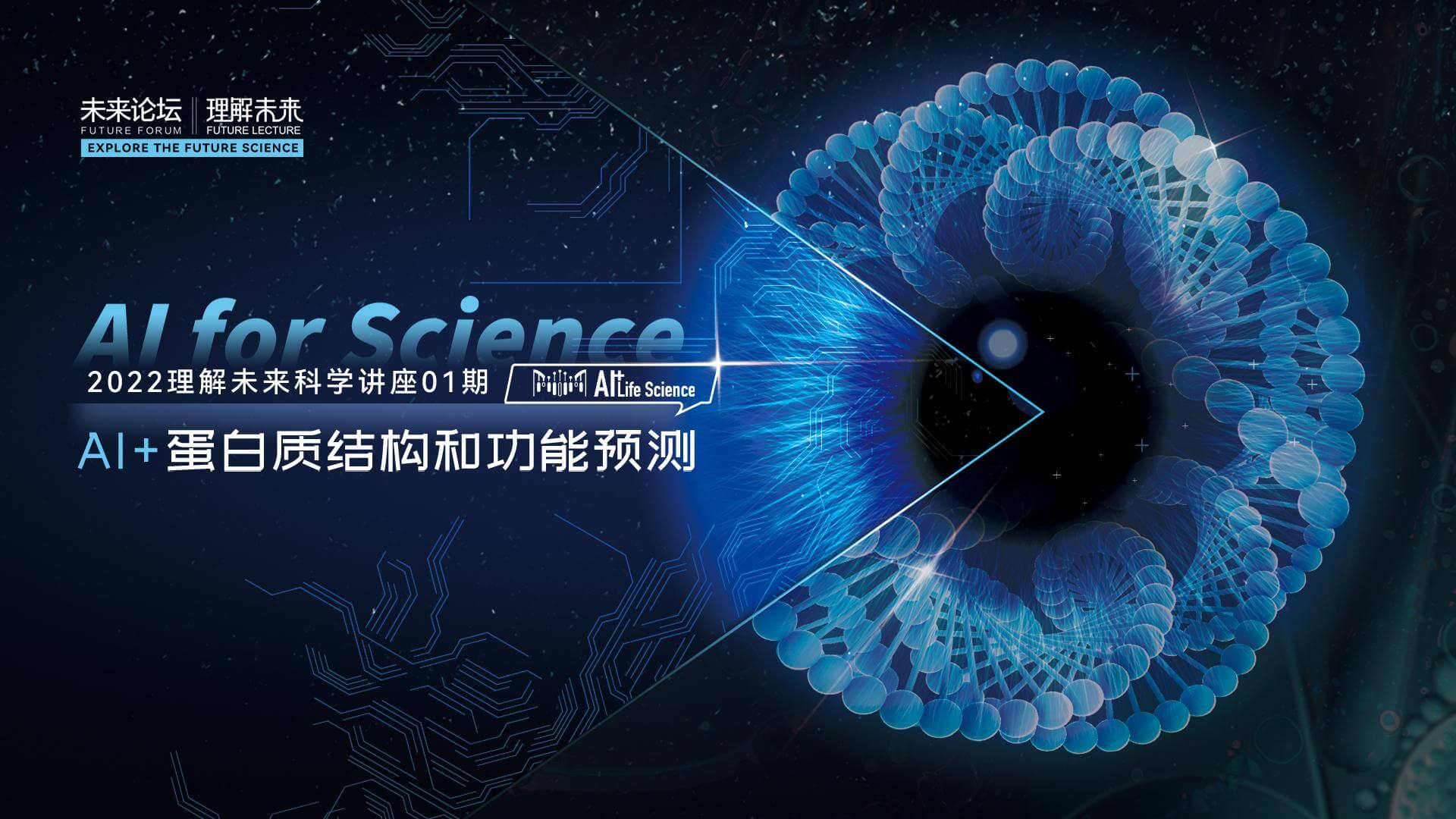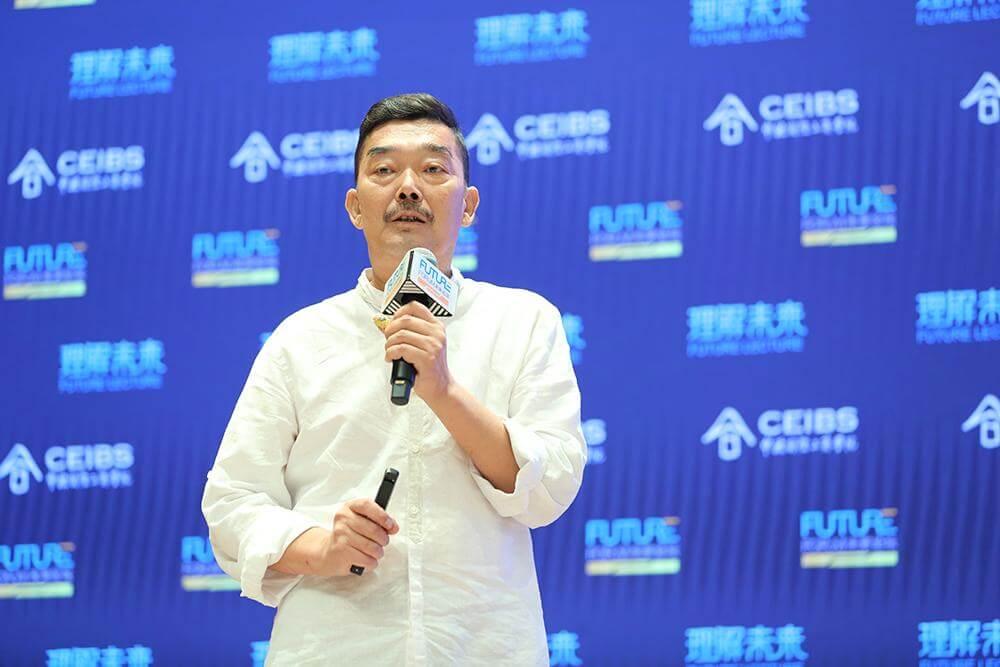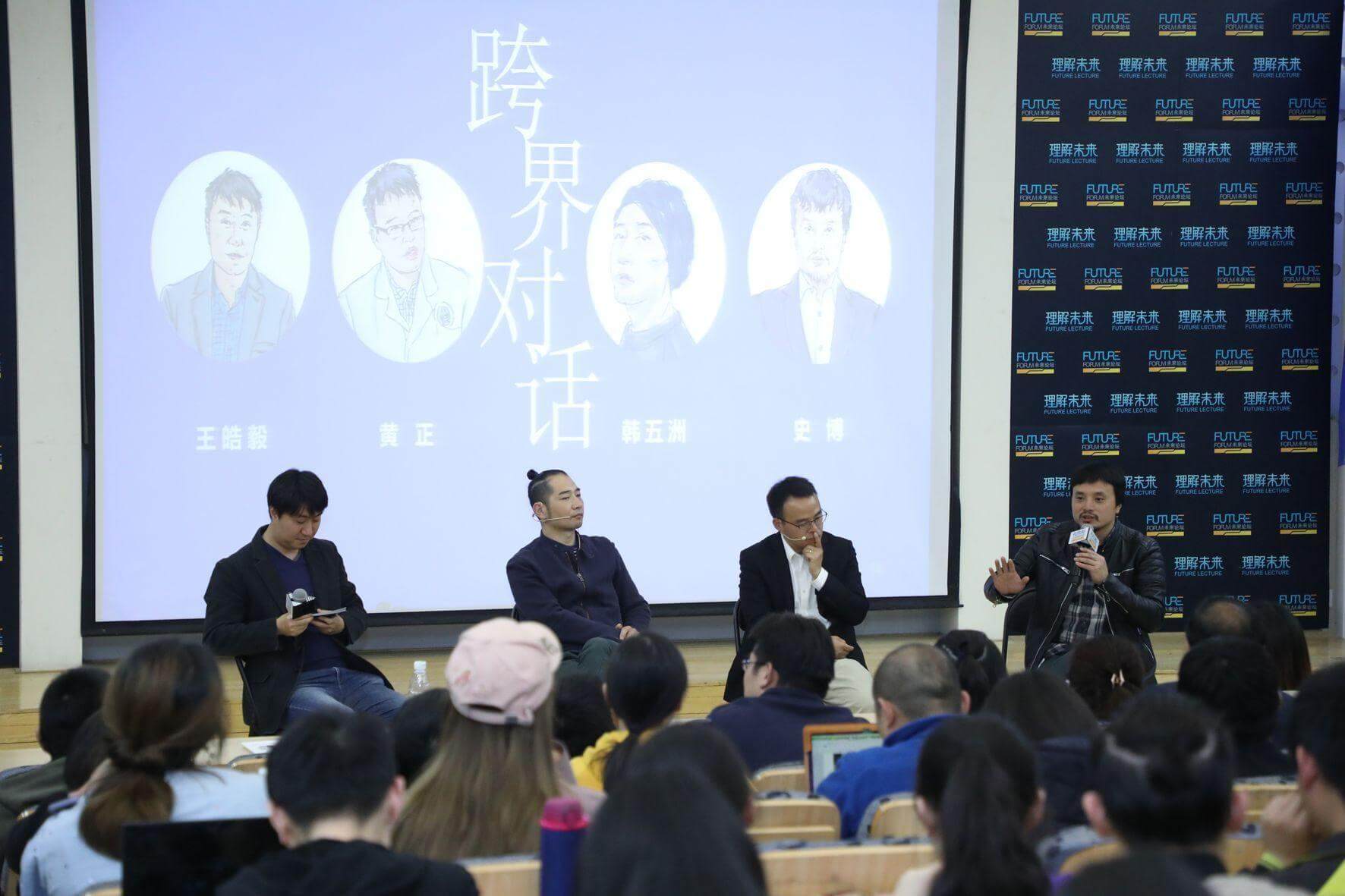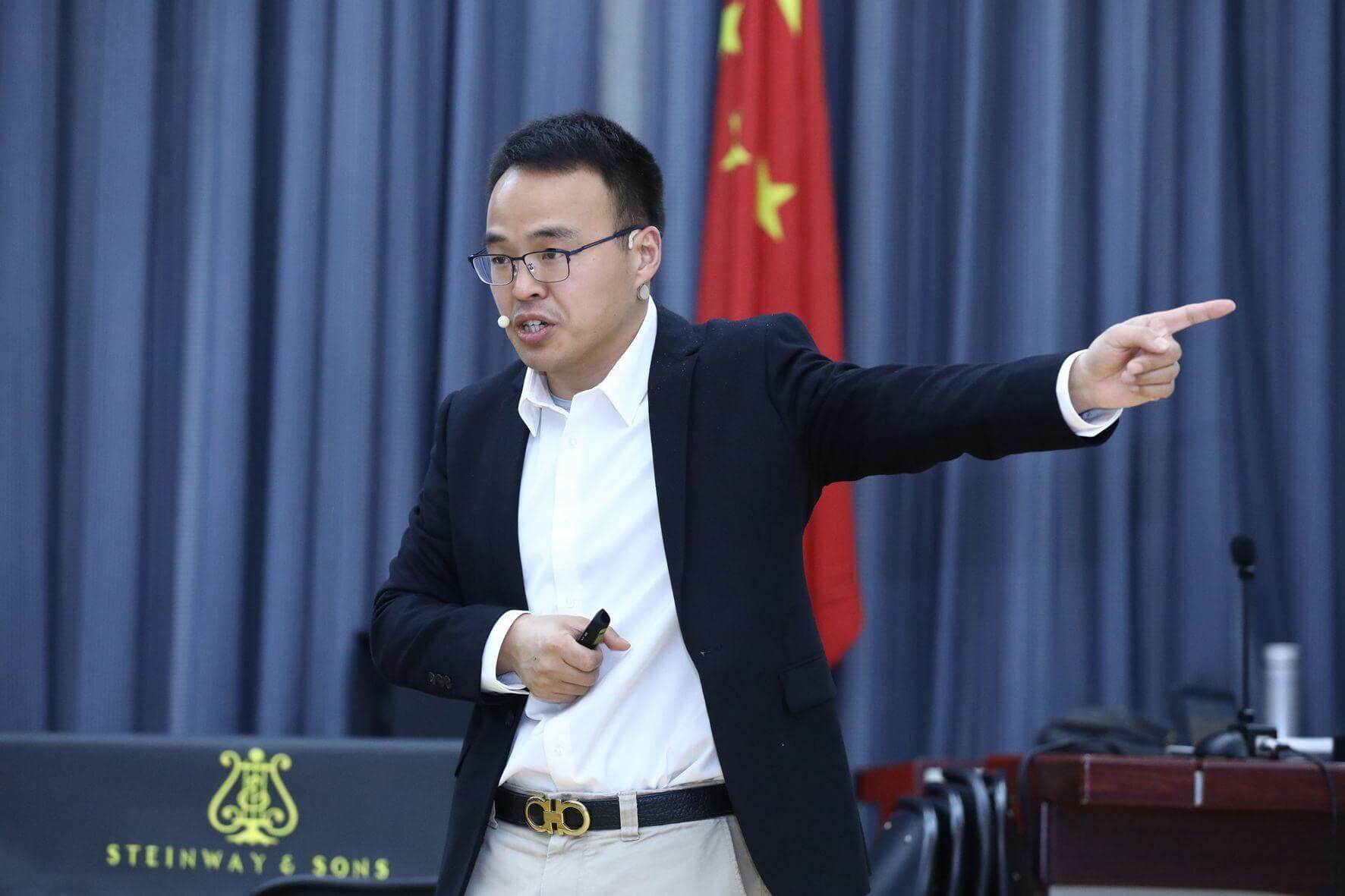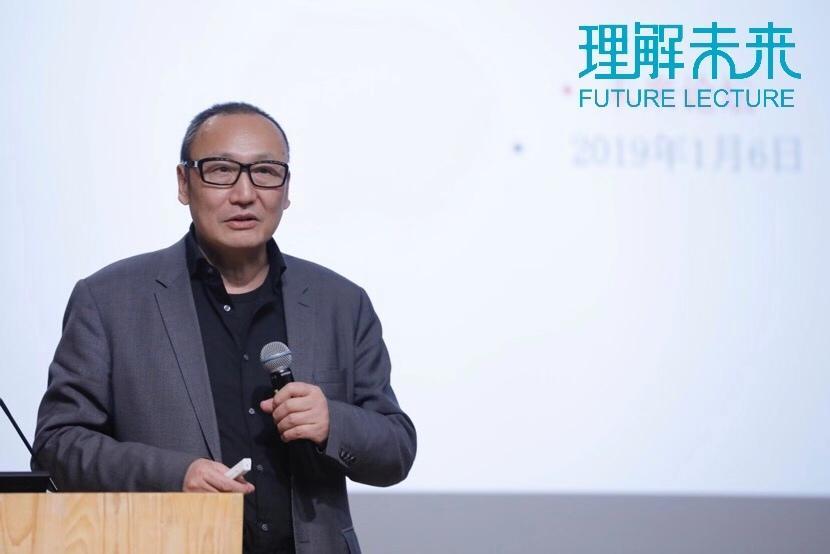Shude MAO:
Dr. Shude Mao is the director of the Tsinghua Center for Astrophysics and Chair in the Division of Galaxy and Cosmology at the National Astronomical Observatories. He is a board member of the Thirty Meter Telescope.
Dr. Mao obtained his Bachelor degree from the University of Science and Technology of China in 1988 and his PhD on astrophysics in 1992 from Princeton University. He was a postdoctoral fellow at the Harvard-Smithsonian Center for Astrophysics and the Max-Planck Institute for Astrophysics from 1995-1999. He became a lecturer at the University of Manchester in 2000, and a full professor in 2006. He returned to China full-time in 2010.
He proposed a new method to discover extrasolar planets with gravitational microlensing and proposed to use gravitational lensing to constrain the number of substructures in dark matter haloes. He published more than 190 papers in refereed journals. He won the Bessel Research Award from the Humboldt Foundation in 2007. His current research interests include the search of extrasolar planets, galactic dynamics, and gravitational lensing.


